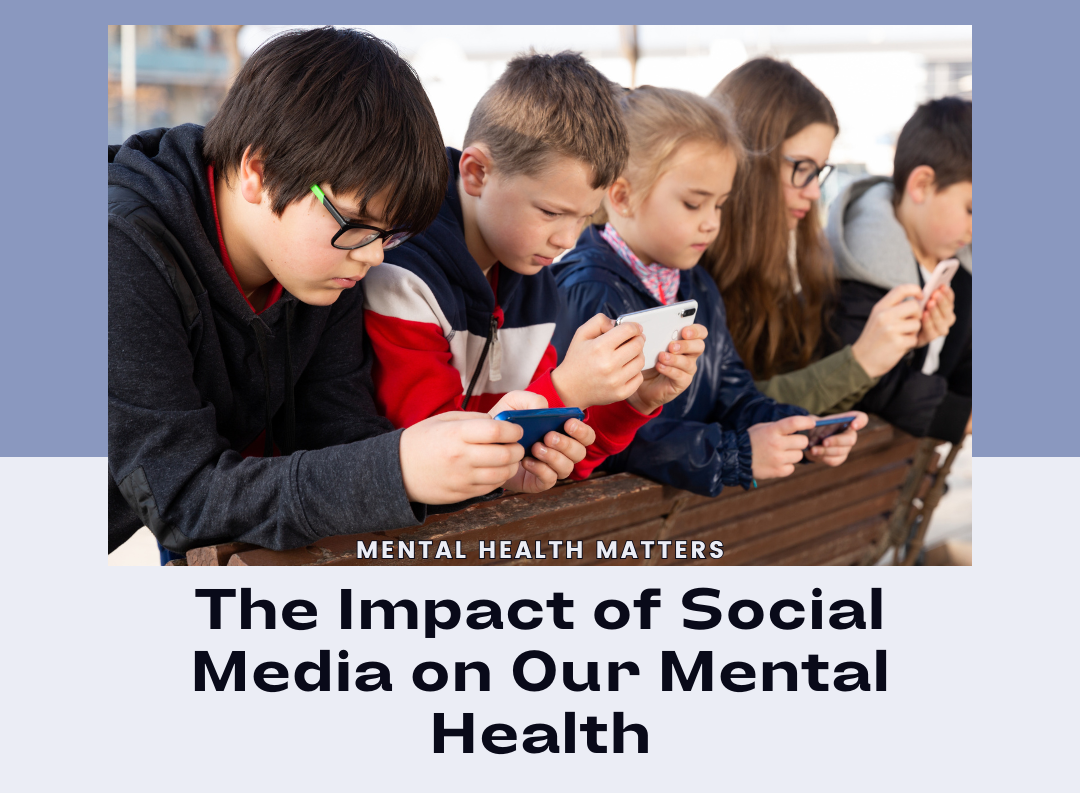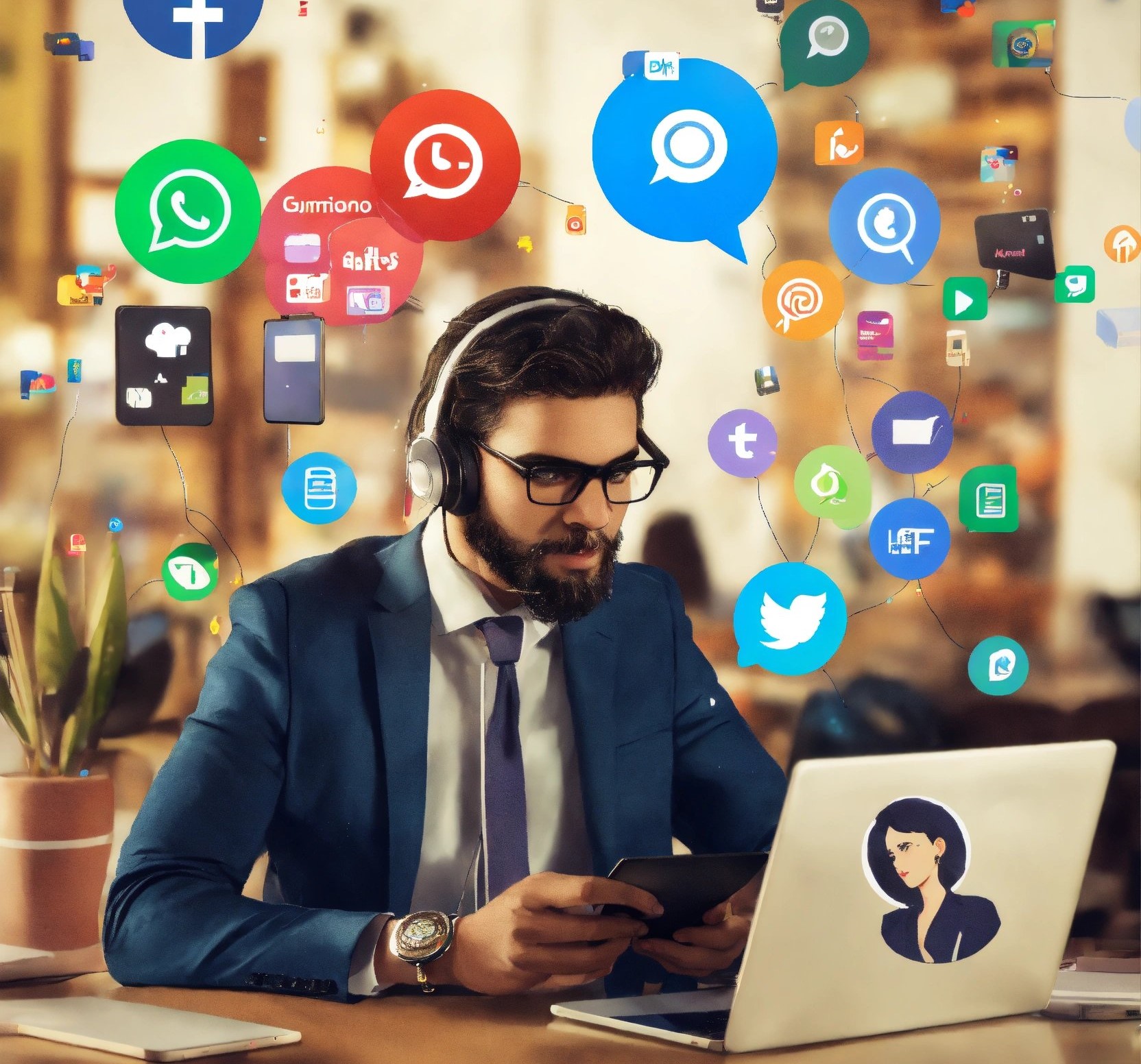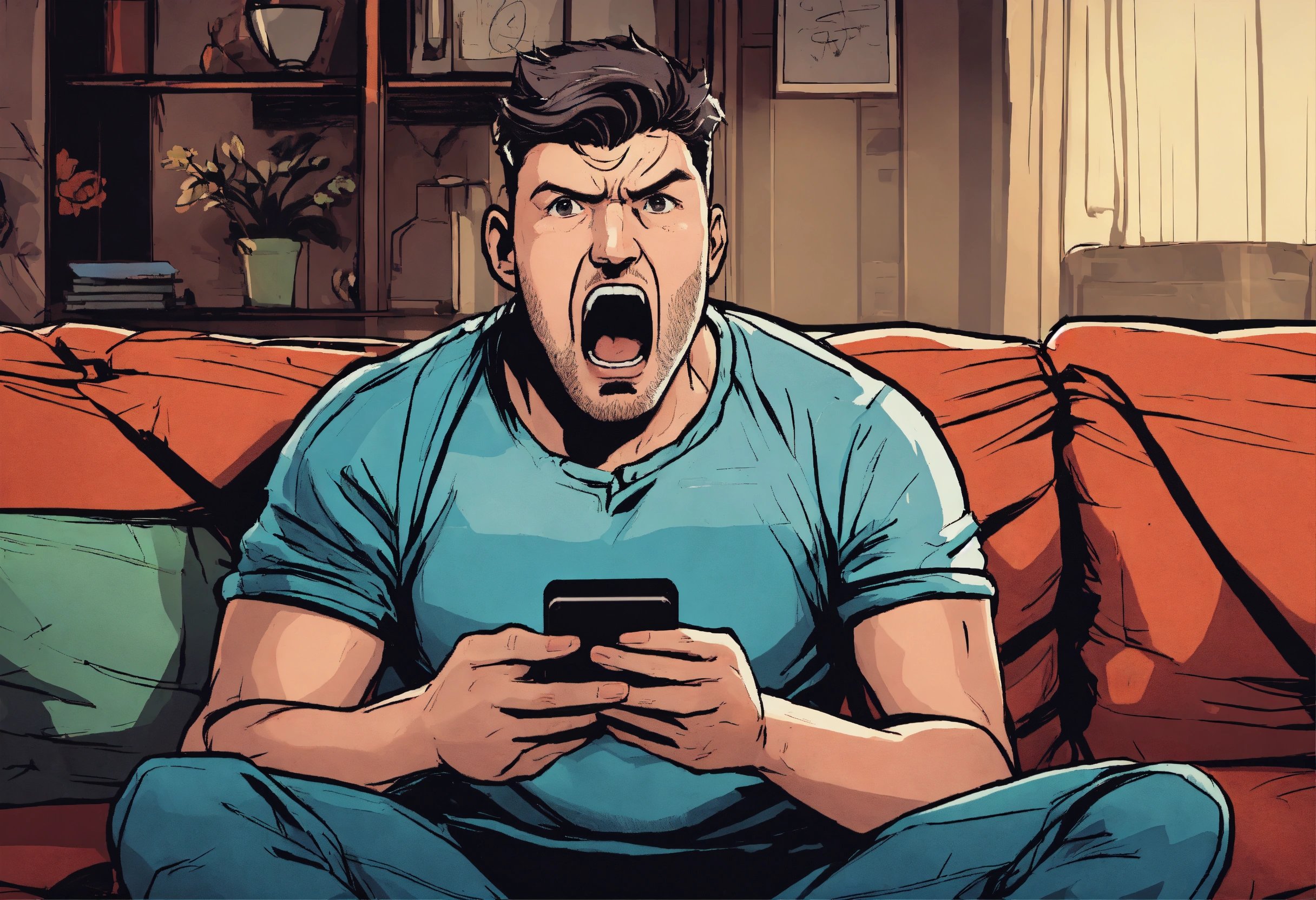In the age of connectivity, social media has shaped how we communicate, share information, and view the world. While social media connects people and facilitates global conversations, its effects on mental health are complex. Beyond filters and hashtags, a complex relationship emerges, affecting mental health both positively and negatively. Social media enables instant sharing and meaningful connections. It can provide community and support, especially for those who feel isolated or marginalized offline. Additionally, social media can promote mental health awareness and reduce stigma, enabling advocacy and education. However, by showing "highlight reels" and hiding their struggles, social media can make people feel inadequate and compared. Young people still forming their identities may experience low self-esteem, anxiety, and depression. Regular exposure to idealized images and lifestyles can distort reality and cause FOMO (Fear Of Missing Out) and dissatisfaction with one's life.
Furthermore, social media's addictive scrolling and notifications can disrupt sleep and limit real-life interactions. The pressure to get likes and comments can create a dependency on external approval and reinforce a culture of online personas over authentic self-expression. These complexities make it important for people to be mindful of their social media use and have a healthy relationship with technology. This may involve setting boundaries, taking breaks, and intentionally curating one's social media feed to include diverse perspectives and empowering content. Furthermore, platforms must protect users and encourage responsible use, prioritizing well-being over engagement metrics.
The impact of social media on mental health is complex, so society must continue to study it and promote a balanced and conscientious approach to digital connectivity. We can only use social media to build genuine relationships and promote holistic well-being by acknowledging its risks.
The Positive Facets of Use Social Media
Social media serves as a powerful platform for self-expression, fostering a sense of community, and providing a space for marginalized voices. It enables individuals to connect with like-minded people globally, breaking down geographical barriers. For some, the digital realm becomes a sanctuary where they can find support, share experiences, and gain a sense of belonging that may be lacking in their offline lives.
Moreover, social media has been instrumental in raising awareness about mental health issues, challenging stigmas, and offering resources for those in need. Online communities dedicated to mental health provide a safe haven for individuals to discuss their struggles openly, fostering a sense of empathy and understanding. Additionally, social media has been a catalyst for social movements and activism, allowing individuals to organize and mobilize for change on a global scale. It has served as a platform for marginalized voices to be heard, shining a light on social injustices and sparking important conversations. Through social media, people have been able to educate others, raise funds for important causes, and ultimately work towards creating a more equitable and inclusive society.
The Dark Side of the Screen
Despite the positive aspects, the impact of social media on mental health is not always benevolent. The incessant exposure to carefully curated highlight reels of others' lives can lead to feelings of inadequacy, envy, and low self-esteem. The constant comparison fosters an unhealthy culture of perfectionism, where individuals strive to meet unrealistic standards, often at the expense of their mental well-being.
The phenomenon of "FOMO" (Fear of Missing Out) is exacerbated by social media, as users witness others seemingly living more fulfilling lives. This can lead to anxiety and a sense of exclusion, amplifying the pressures to conform to societal expectations. Additionally, the dopamine-driven nature of social media platforms, with likes and comments acting as instant gratification, can create a dependency that negatively impacts self-worth. Moreover, cyberbullying and online harassment are prevalent on social media, causing significant harm to mental health. The anonymity and detachment afforded by the digital realm can embolden individuals to engage in cruel behaviors, leading to feelings of fear, shame, and isolation for the victims.
Unhealthy Social Media Cyberbullying and Online Harassment
The dark underbelly of social media extends to cyberbullying and online harassment, with potentially severe consequences for mental health. The anonymity provided by the digital realm can embolden individuals to engage in harmful behavior, causing emotional distress and, in extreme cases, leading to severe psychological repercussions. Cyberbullying and online harassment can have a devastating impact on a person's mental health. Being targeted and attacked online can lead to feelings of helplessness, anxiety, depression, and even thoughts of self-harm. The constant barrage of negative messages and comments can wear down a person's self-esteem and sense of worth.
Addressing the Balance Social Media Use
FAQ's
How does the use of social media influence mental health?
Social media overuse can cause anxiety, despair, and loneliness. Comparison to others, cyberbullying, and the pressure to exhibit an idealized existence can harm mental health.
Does social media affect sleep and fatigue?
Regular social media use, especially before bedtime, might impair sleep. Screen blue light and social media emotional stimulation can disrupt sleep, causing exhaustion, irritation, and other mental health issues.
Does social media affect self-esteem and body image?
Curated and filtered social media photos might promote unrealistic beauty standards, lowering body image and self-esteem. Exposure to these ideals may cause body dissatisfaction, comparison, and unhealthy habits to achieve an unrealistic appearance.
Does social media cyberbullying affect mental health?
Online abuse, including harassment, trolling, and cyberbullying, can harm mental health. Victims may feel isolated, depressed, and anxious. Social media sites' anonymity can worsen the negative effects, making online abuse a serious issue for users.
Can helpful social media communities improve mental health?
Despite its drawbacks, social media can improve mental health. Joining supportive, empathetic, and sharing online networks helps minimize isolation. Meeting others with comparable struggles or interests can boost mental health and provide emotional support.







